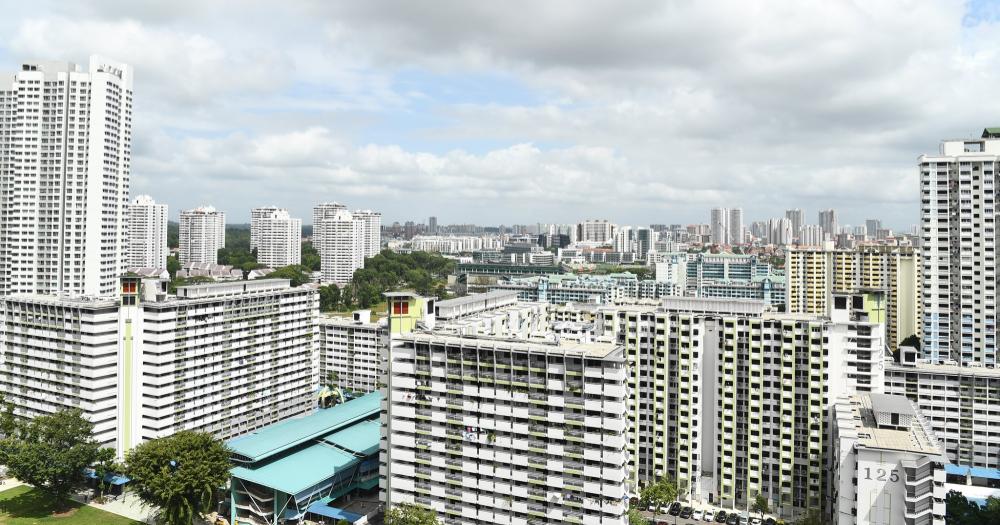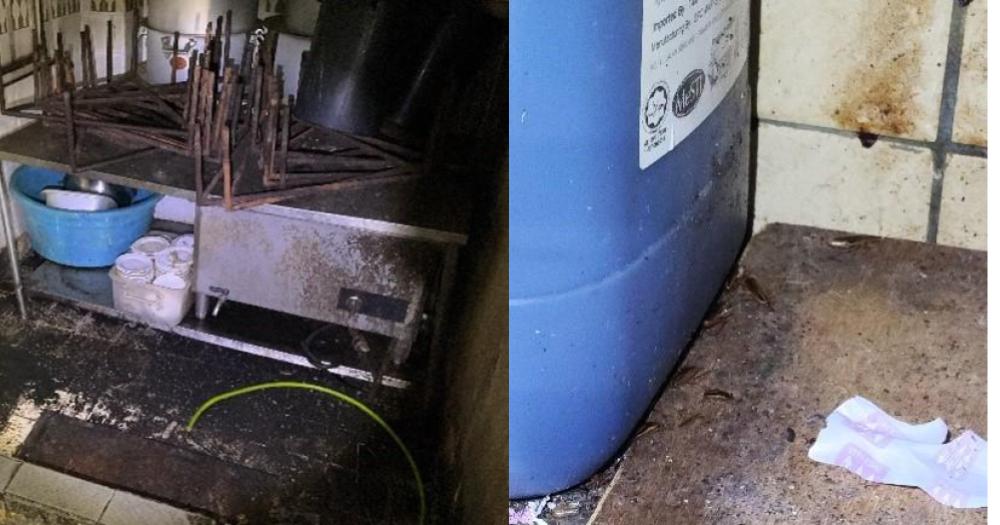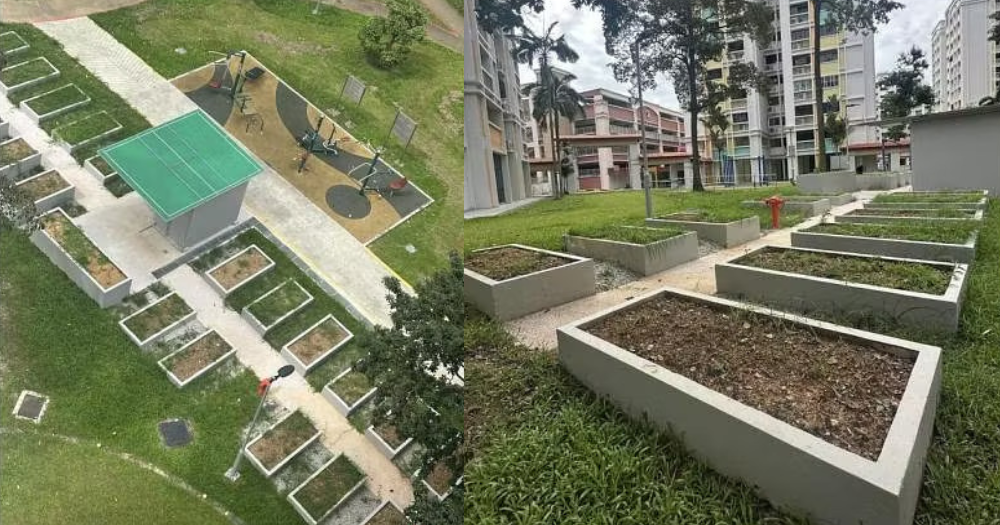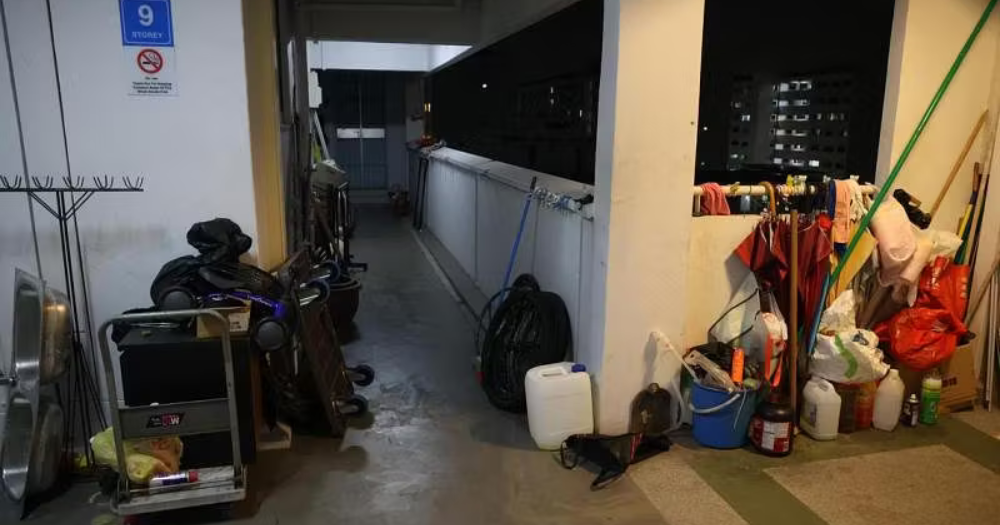Low risk of Congo mystery disease spreading to S'pore: MOH
The disease has been confined to the Panzi health zone in Congo.

The risk of the undiagnosed disease in the Democratic Republic of the Congo in Central Africa spreading to Singapore is low, the Ministry of Health (MOH) said on Dec. 10, in a release to the media.
The disease has been confined to the Panzi health zone in Congo, MOH added.
The World Health Organisation (WHO) said on Dec. 8 that the outbreak, which was first observed between Oct. 24 and Dec. 5, recorded a total of 406 cases so far.
Global risk remains low: WHO
MOH said regional and global risks remain low according to WHO's assessment.
As there is a low travel volume and lack of direct flights between Singapore and Congo, the risk of the disease spreading to Singapore remains low.
MOH added that under its ongoing border health measures to identify infectious diseases of concern, all incoming travellers must report symptoms such as fever, cough, and shortness of breath through an electronic health declaration.
According to WHO, those infected in the Kwango province of Congo reported symptoms, such as fever, headache, cough, runny nose and body ache.
So far, 31 people have died.
A majority of cases were diagnosed among children under five years old.
WHO added that while rapid response teams have been deployed, efforts to identify the disease is being delayed as the area is rural and has low accessibility.
The teams are currently collecting samples for laboratory testing and also aiding with the treatment of patients, risk communication and community engagement.
WHO noted that malaria, which is common in the area, may be causing or contributing to the cases.
"At this stage, it is also possible that more than one disease is contributing to the cases and deaths," WHO said.
To date, Hong Kong has stepped up health screening checks at its airport for all flights arriving from African transit hubs, such as Johannesburg in South Africa and Addis Ababa in Ethiopia, reported South China Morning Post.
Arriving passengers will undergo temperature checks while those with symptoms will undergo medical assessments.
Potential cases will be sent to hospitals for examination.
Top photo via Unsplash
MORE STORIES





















